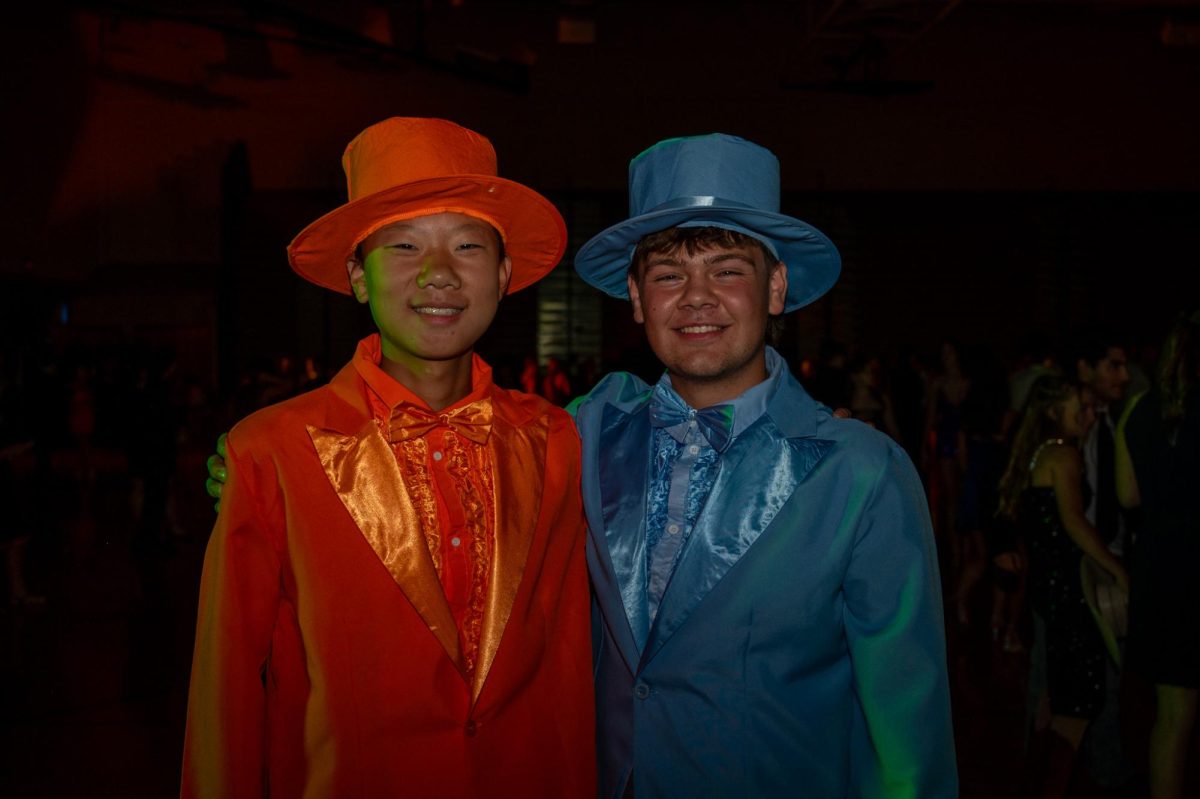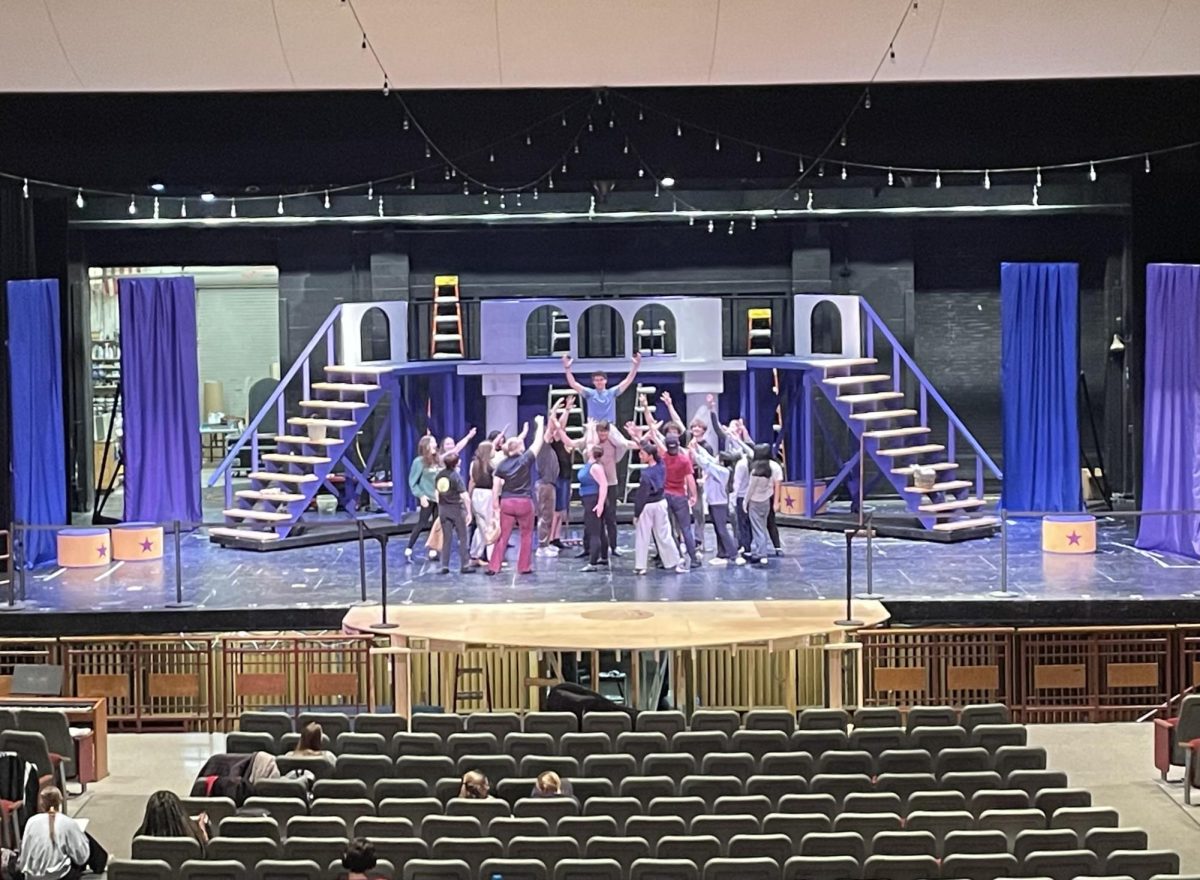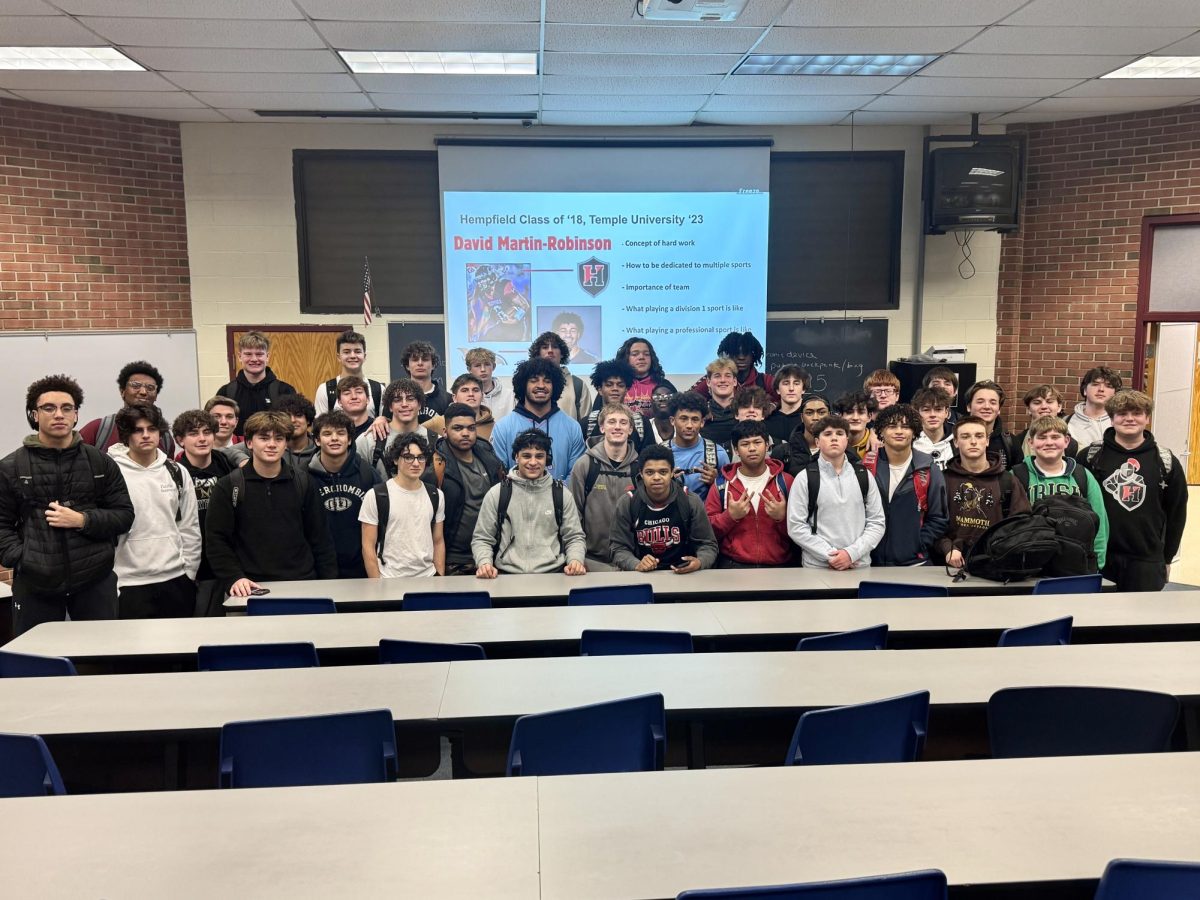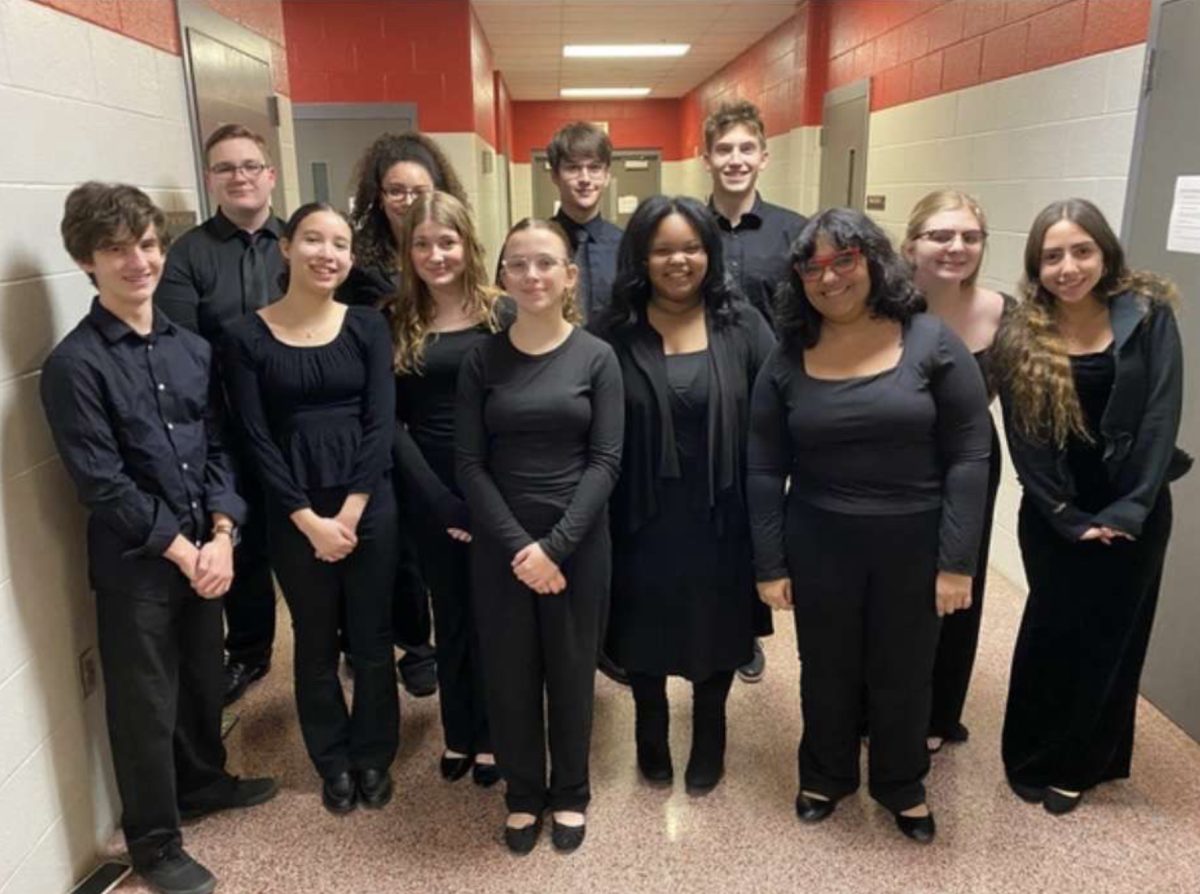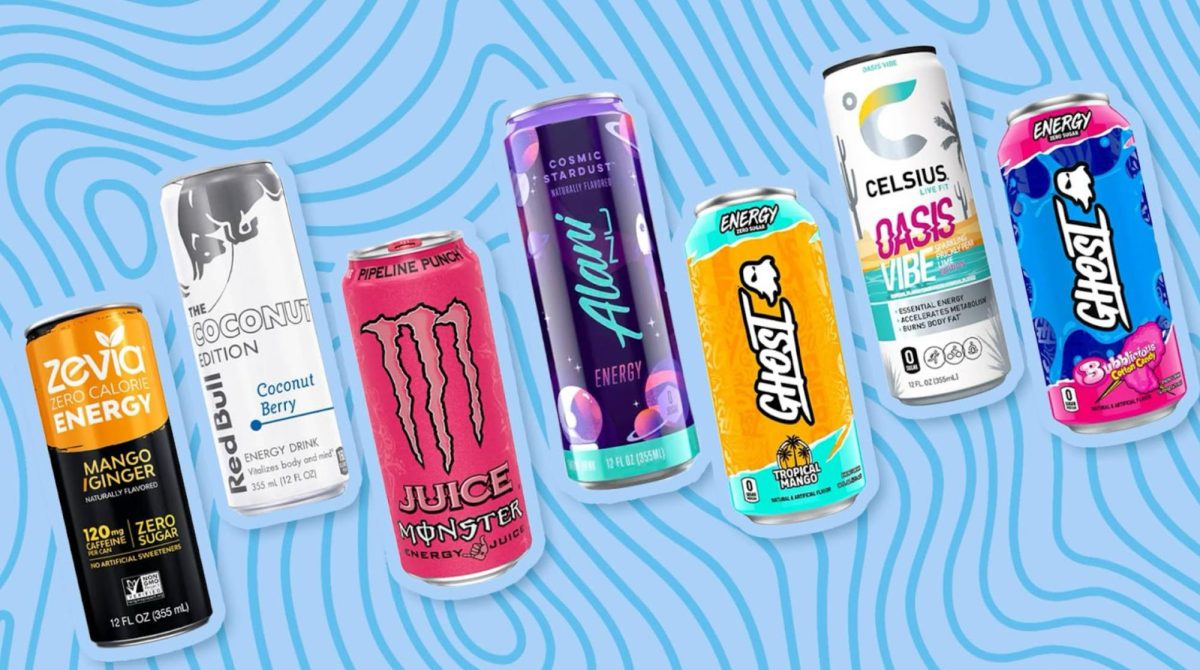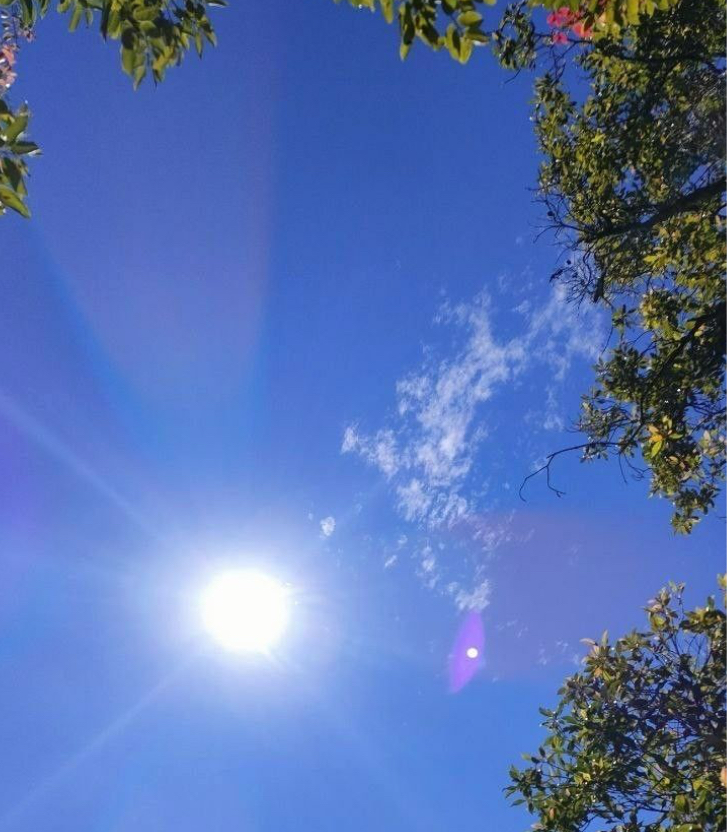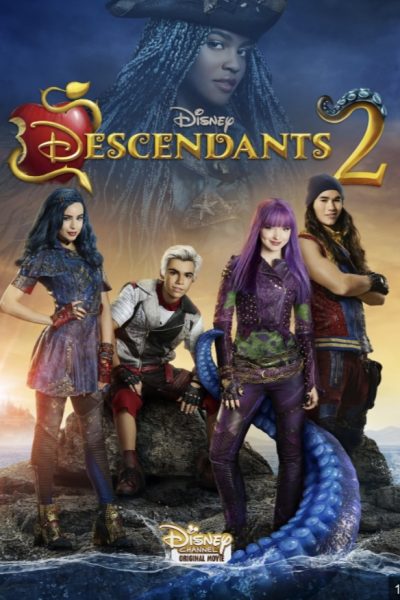If anyone still doubted whether animation could compete with global blockbusters,
K-pop Demon Hunters has officially silenced them. Produced by Sony Pictures
Animation, the film has become one of the most surprising cultural shifts of the
decade—not just as a movie, but as a full-on global music phenomenon. In just a few
short weeks, it has exploded into the spotlight, earning over 33 million Netflix views
worldwide and topping music charts usually dominated by the likes of Blackpink, BTS,
and Stray Kids.
What makes this success so shocking isn’t just the streaming numbers—it’s how the
film’s fictional K-pop groups have crossed over into the real world. The boy group Saja
Boys became the highest-charting male K-pop group in U.S. Spotify history, landing at
#1. Meanwhile, the girl group Huntr/x broke records of their own with their track Golden,
which soared to #2, surpassing Blackpink as the highest-charting female K-pop act
ever.
Netflix and Republic Records took notice immediately. Golden wasn’t treated as just
another soundtrack song—it was officially released as a standalone single and is even
being submitted for awards consideration. Behind the music are big names too,
including producers who have worked with Blackpink and BTS’s Lindgren, proving that
this was never just an animated gimmick—it was built to compete on the global stage.
For many viewers, the film started as something fun—catchy songs, dazzling animation,
and demon-fighting action. But the more people watched, the more it hit deeper. One
fan put it simply: “At first, I thought it was just entertainment. Later, I realized it was
about identity and struggle—things I go through myself.”
Others connected to the film’s messages of insecurity, regret, and self-acceptance.
“Everyone suffers from insecurities and regret. We want to make good choices, but we
are human. This film shows that mistakes don’t define us.” Another response agreed:
“One of the key messages is about loving yourself BECAUSE of your flaws, not in spite
of them.”
Dr. Hough reflected: “The movie is so relatable because everyone suffers from
insecurities and regret. We desperately want to make good choices, but we are human
and we all make mistakes. This film (and hopefully the sequel) focuses on how our
mistakes do not define us.”
Another powerful theme that resonated strongly was acceptance across cultures and
identities. As one viewer shared: “There are a lot of underlying messages people can
relate to, whether that’s closeted homosexuality or mixed races in Asian cultures. It
reflects real struggles in a creative way.”
Normally, movie soundtracks fade quickly compared to mainstream releases. But K-pop
Demon Hunters flipped expectations. As one fan noted: “Songs from movies aren’t
usually this popular, especially when some are in another language people can’t fully
understand.”
Instead of holding the film back, the mix of English and Korean lyrics became part of the
magic. The songs felt authentic, and fans around the world connected
emotionally—even if they didn’t know every word. Dr. Hough added: “I actually FELT the
first time I watched the film that a bigger message is the power and healing elements of
music. Music brings people together, heals broken lives, and lets people express
emotions they can’t always say out loud.”
Not everyone saw it in the same way, though. Another fan explained: “I kind of think it’s
all three honestly—comedic wise how the faces are and how stereotypical of K-dramas
are, but at the middle of it where the Saja Boys appeared I guess kind of showed how
sometimes girl K-pop groups get overrun by fangirls that like men better because they
seem more beautiful, I guess.”
Families also found themselves caught up in both the spectacle and the message. Ms.
O’Brien shared: “My kids loved the music and the demon fighting, but after rewatching
it, we started having deeper conversations about the lessons it teaches.”
Alongside the music, fans highlighted specific scenes that stood out emotionally. The
reveal of Rumi’s demon side was a favorite: “The sequence of Rumi’s demon side being
revealed to Mira and Zoey was so powerful. The animation captured her feelings so
vividly—it stayed with me.”
Another viewer described one of the film’s darker turning points: “From a film and
messaging standpoint, from when the song Takedown started playing to the part where
Rumi was asking Celine to kill her, I believe that was very emotionally impacting.
Especially for a kids movie, Rumi was going through so many complex emotions—she
was horrified, this thing she never wanted was happening, and then her worst fears
came true when Zoey and Mira raised their weapons at her, which hurt her deeply.”
Another moment that keeps coming up is the concert performance of This Is What It
Sounds Like. Dr. Hough noted: “When Mira and Zoey join Rumi on stage, I get chills
every time. It wraps up the message of the whole movie in a single scene.”
Even lighter moments, like the Saja Boys’ humorous choreography for Soda Pop,
became unforgettable. One viewer laughed: “The way they performed it—funny,
energetic, and catchy—made it impossible to stop replaying.”
With all the success, fans are asking the obvious question: Will there be a sequel?
Some are eager for more: “I’d love to see a deeper backstory on the characters and
how Huntr/x was created. The first movie just scratched the surface.” Others are more
cautious. Mr. Wise remarked: “No sequel. Let the first movie stay epic. Too often the
magic fades when studios try again.”
But even those hesitant admit that the film left unanswered questions. “The ending left
Jinu’s fate hanging. Plus, the music was so good—I just need more.”
What makes K-pop Demon Hunters stand apart is that it’s not just entertainment—it’s a
cultural crossover. It blends music, identity, action, and emotion in a way that appeals to
multiple generations. For young fans, it’s fun and energetic. For older viewers, it sparks
conversations about acceptance, flaws, and healing. And for music lovers, it’s proof that
great songs can break barriers—whether they’re sung by real idols or animated ones.
As one response summed it up: “This isn’t just a movie—it’s a movement. It shows how
powerful music and storytelling can be when they collide.” And with rumors of awards
buzz and potential follow-ups, it’s clear that K-pop Demon Hunters has only just begun
to leave its mark.


